Circuit Breakers
Your company must have the proper fire safety measures in place to protect your most crucial electrical devices, from standard appliances to industrial equipment. When you implement circuit breakers into your facility, you can feel secure knowing that your systems are safe from harmful electrical complications.
At Global Electronic Servies, we carry a wide selection of industrial circuit breakers optimized for any workplace.
-
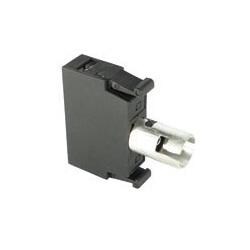 OMRON
OMRONOmron Industrial Panel Mount Indicators / Switch Indicators A22R-TN Repair Service and Sales
- Model #:
- A22R-TN
- Part #:
- A22R-TN
-
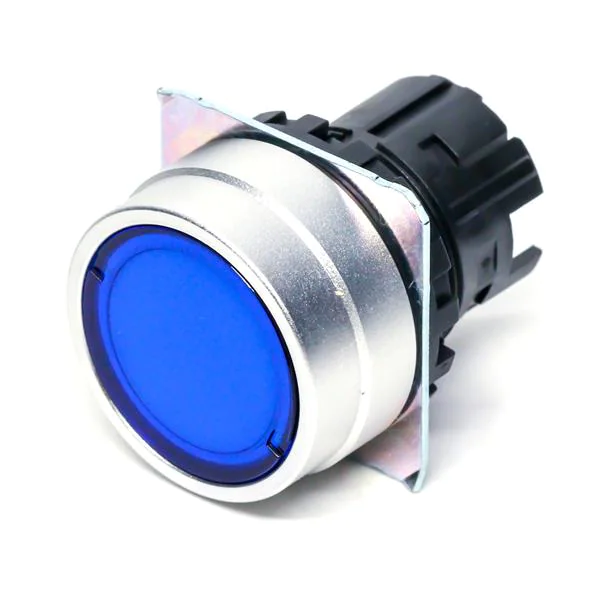 OMRON
OMRONOmron Pushbutton Switches A22NZ-BGA-NGA Repair Service and Sales
- Model #:
- A22NZ-BGA-NGA
- Part #:
- A22NZ-BGA-NGA
-
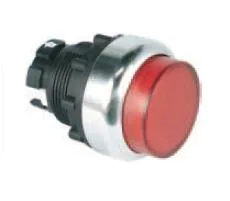 OMRON
OMRONOmron Switch Actuators A22RL-TG-A Repair Service and Sales
- Model #:
- A22RL-TG-A
- Part #:
- A22RL-TG-A
-
 OMRON
OMRONOmron Switch Actuators A22RL-TR-A Repair Service and Sales
- Model #:
- A22RL-TR-A
- Part #:
- A22RL-TR-A
-
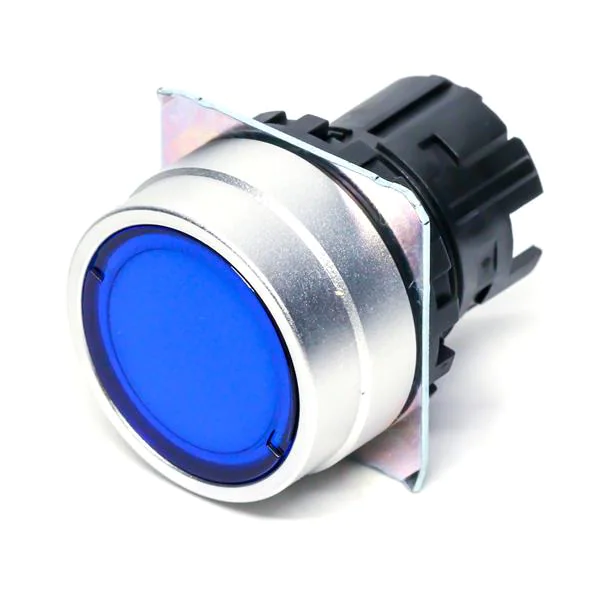 OMRON
OMRONOmron Rotary Switches A22NZ-3BM-NBA Repair Service and Sales
- Model #:
- A22NZ-3BM-NBA
- Part #:
- A22NZ-3BM-NBA
-
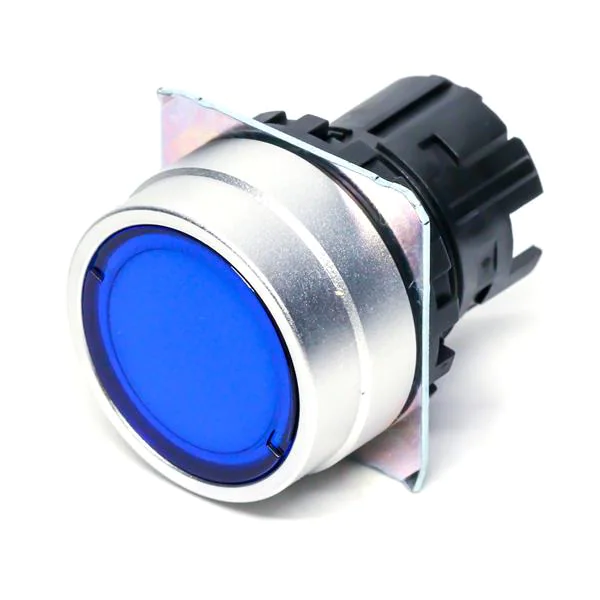 OMRON
OMRONOmron Rotary Switches A22NZ-3RL-NBA Repair Service and Sales
- Model #:
- A22NZ-3RL-NBA
- Part #:
- A22NZ-3RL-NBA
What Are Circuit Breakers?
Circuit breakers are automatic electrical shutoff switches that protect system circuits from overcurrents — or excess amperage. If an overcurrent occurs, the circuit breaker uses the high magnetic field or increased heat levels to trip and cut off the power supply to the load, preventing the current from damaging the device.
Though circuit breakers essentially function the same way as fuses, you don’t have to replace them after an overcurrent occurs, unlike fuses that must be replaced after every incident. This makes circuit breakers more cost-effective than other solutions.
There are many types of circuit breakers that cater to different electrical needs and applications, including:
- – Low-voltage.
- – Medium-voltage.
- – High-voltage.
- – Magnetic.
- – Thermal-magnetic.
- – Magnetic-hydraulic.
Industrial Circuit Breaker Applications
Circuit breakers are mandatory components for any electrical system, but they are particularly necessary for industrial settings. Industrial circuit breakers are vital in the electrical distribution process for plants and other industrial facilities as they protect valuable equipment and factory workers from harm.
Circuit breaker devices are used for many applications in both industrial and commercial industries, including:
- – Buildings.
- – Commercial complexes.
- – Hotels.
- – Plants.
- – Machines.
- – Transformers.
- – Capacitors.
- – Generators.
What Causes Circuit Breakers to Trip?
If your facility’s circuit breaker trips, it could stem from numerous causes. Some of the most common causes of tripped circuit breakers include:
- – Miswiring. Wires are not properly connected within the breaker, causing it to malfunction or fail.
- – Circuit overload. Too many devices are connected to one power source, overdrawing the power.
- – Short-circuiting. Wires overheat and come into contact with one another, creating sparks.
- – Ground fault. A hot wire comes into contact with a ground wire, resulting in dangerous currents.
- – Equipment failure. Normal power dosages are no longer sufficient for machine function, causing the device in question to overdraw more power from the source.
When Do I Need a Circuit Breaker Replacement?
Many signs can indicate a faulty circuit breaker. If you experience any of these problems, it may be time for a circuit breaker replacement or repair:
- – Overheating: If you see smoke or sparks coming from your company’s unit, it is likely overheating. Black marks and smoke smells are other solid indications that you might need a replacement or repair.
- – Water damage: If your panel has a chalky, white substance within it or is covered with rust, your circuit breaker likely has water damage and must be repaired or replaced.
- – Electrical issues: Circuit breakers that trip frequently, don’t reset or cause your building’s lights to flicker typically warrant repairs.
Order Industrial Circuit Breakers Today
If your business needs a circuit breaker replacement, Global Electronic Services can help. We offer high-quality products at the most competitive prices while providing customers with 24/7 customer service.
Contact us for more information on our products today.
